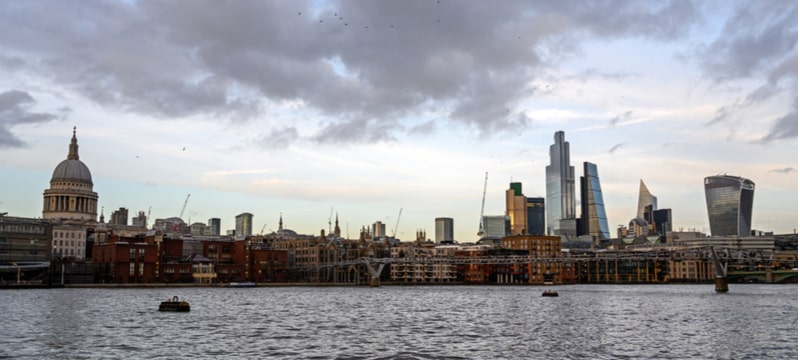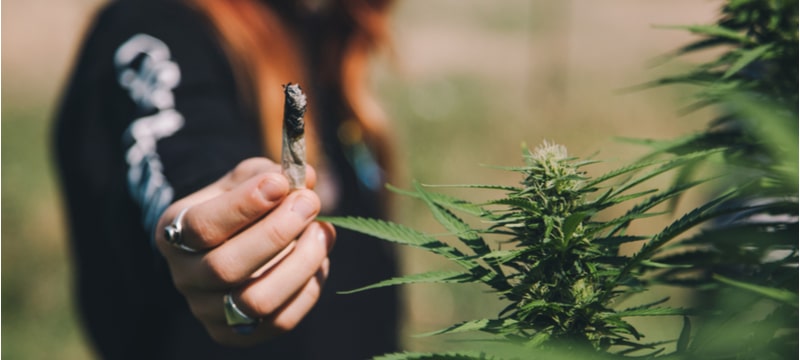
Table of Contents
Introduction
CBD, or cannabidiol, has emerged as a popular wellness product in recent years, touted for its potential health benefits. As the demand for CBD continues to rise, so does the importance of sustainability in its production. In this blog post, we'll explore the intersection of CBD and sustainability, focusing on eco-friendly packaging and farming practices.
The Environmental Impact of CBD Production
Agricultural practices in CBD farming
Traditional farming methods in the CBD industry often involve the use of synthetic pesticides and fertilizers, which can have detrimental effects on the environment. Sustainable farming methods, on the other hand, prioritize organic practices and minimize the use of harmful chemicals. By adopting sustainable farming techniques, CBD producers can reduce their carbon footprint and protect natural ecosystems.
Packaging and waste management in the CBD industry
The packaging used for CBD products can contribute to environmental pollution if not properly managed. Many CBD products come in single-use plastic containers, which end up in landfills or oceans. To combat this issue, there is a growing push for eco-friendly packaging solutions, such as biodegradable materials and recyclable packaging.
Eco-Friendly Farming Practices in CBD Cultivation
Organic farming methods
Organic CBD farms eschew synthetic chemicals in favor of natural alternatives like compost and crop rotation. This not only reduces the environmental impact of farming but also produces CBD products free from chemical residues. Examples of organic CBD farms include Hempire Farms and GreenLeaf Organics.
Regenerative agriculture techniques
Regenerative farming goes beyond sustainability, aiming to improve soil health and biodiversity. Practices such as no-till farming and cover cropping help sequester carbon and restore ecosystems. CBD produced using regenerative agriculture is not only environmentally friendly but also of higher quality due to nutrient-rich soil.
Sustainable water management strategies
Water scarcity is a pressing issue in agriculture, and CBD farming is no exception. Sustainable water management practices, such as drip irrigation and rainwater harvesting, help conserve water resources and minimize environmental impact. By optimizing water usage, CBD producers can operate more efficiently and sustainably.
Innovations in Eco-Friendly CBD Packaging
Biodegradable packaging materials
Biodegradable packaging options for CBD products include materials like compostable plastics and plant-based polymers. These materials break down naturally over time, reducing the environmental burden of plastic pollution. Companies like EcoCBD are leading the way in adopting biodegradable packaging solutions.
Recyclable packaging solutions
Recyclable packaging allows consumers to dispose of CBD packaging responsibly, reducing waste sent to landfills. Materials such as glass and aluminum are infinitely recyclable, making them ideal choices for CBD packaging. Brands like SustainableCBD prioritize recyclable packaging to minimize their environmental footprint.
Minimalist packaging design
Minimalist packaging focuses on simplicity and functionality, reducing excess materials and waste. By using minimalist designs and eco-friendly materials, CBD brands can convey a message of sustainability while maintaining brand identity.
Consumer Awareness and Demand for Sustainable CBD Products
Shifting consumer preferences towards sustainability
Consumers are increasingly mindful of the environmental impact of their purchases, including CBD products. Factors such as ethical sourcing and eco-friendly packaging influence consumer choices, driving demand for sustainable CBD options. Education and awareness campaigns play a crucial role in informing consumers about the importance of sustainability in the CBD industry.
Market demand for eco-friendly CBD products
The market for sustainable CBD products is growing rapidly, driven by consumer demand for ethically produced goods. According to a survey by EcoAnalytics, 78% of consumers are willing to pay more for products that align with their values. This presents a significant opportunity for CBD brands to differentiate themselves and capture market share.
Corporate Responsibility and Sustainability Initiatives in the CBD Industry
Corporate social responsibility (CSR) in CBD businesses
Many CBD companies are embracing corporate social responsibility initiatives to demonstrate their commitment to sustainability. These initiatives may include charitable partnerships, community outreach programs, and environmental stewardship efforts. By prioritizing CSR, CBD brands can build trust with consumers and enhance their reputation.
Certification and labeling for sustainable CBD products
Certifications such as USDA Organic and Fair Trade provide assurance to consumers that CBD products meet strict sustainability standards. Clear labeling indicating eco-friendly practices and certifications helps consumers make informed purchasing decisions. Brands that invest in obtaining certifications and transparent labeling can gain a competitive edge in the market.
Challenges and Future Outlook
Overcoming obstacles to sustainable CBD production
Despite the benefits of sustainability, CBD producers face challenges such as higher production costs and regulatory barriers. Economic incentives and supportive policies are needed to encourage more widespread adoption of sustainable practices. Additionally, collaboration among stakeholders is essential for addressing complex issues related to sustainability in the CBD industry.
Future trends in CBD sustainability
The future of CBD sustainability looks promising, with advancements in technology and increased awareness driving innovation. From blockchain traceability solutions to carbon-neutral farming practices, there are many opportunities to further improve the environmental footprint of CBD production. By embracing these trends, the CBD industry can continue to evolve towards a more sustainable future.
FAQs
1. What is CBD, and why is it popular?
CBD, or cannabidiol, is a compound derived from the cannabis plant known for its potential health benefits, including pain relief and stress reduction. Its popularity stems from increasing awareness of its therapeutic properties and legalization in many regions.
2. How does sustainable farming benefit CBD production?
Sustainable farming practices minimize environmental impact, preserve natural resources, and produce higher-quality CBD products free from chemical residues. Organic and regenerative farming methods promote soil health and biodiversity, contributing to a more sustainable CBD industry.
3. What are some examples of eco-friendly CBD packaging materials?
Eco-friendly CBD packaging materials include biodegradable options like compostable plastics and recyclable materials such as glass and aluminum. Minimalist packaging designs also reduce waste by using less material while maintaining product integrity.
4. How can consumers support sustainability in the CBD industry?
Consumers can support sustainability in the CBD industry by choosing products with eco-friendly packaging, looking for certifications like USDA Organic, and supporting brands with transparent sustainability initiatives. Educating themselves about sustainable practices and advocating for regulatory changes can also make a difference.
5. What are some challenges facing the adoption of sustainable practices in the CBD industry?
Challenges to sustainability in the CBD industry include higher production costs, regulatory hurdles, and the need for greater consumer education. Overcoming these obstacles requires collaboration among stakeholders, investment in research and development, and policy support from governments.




